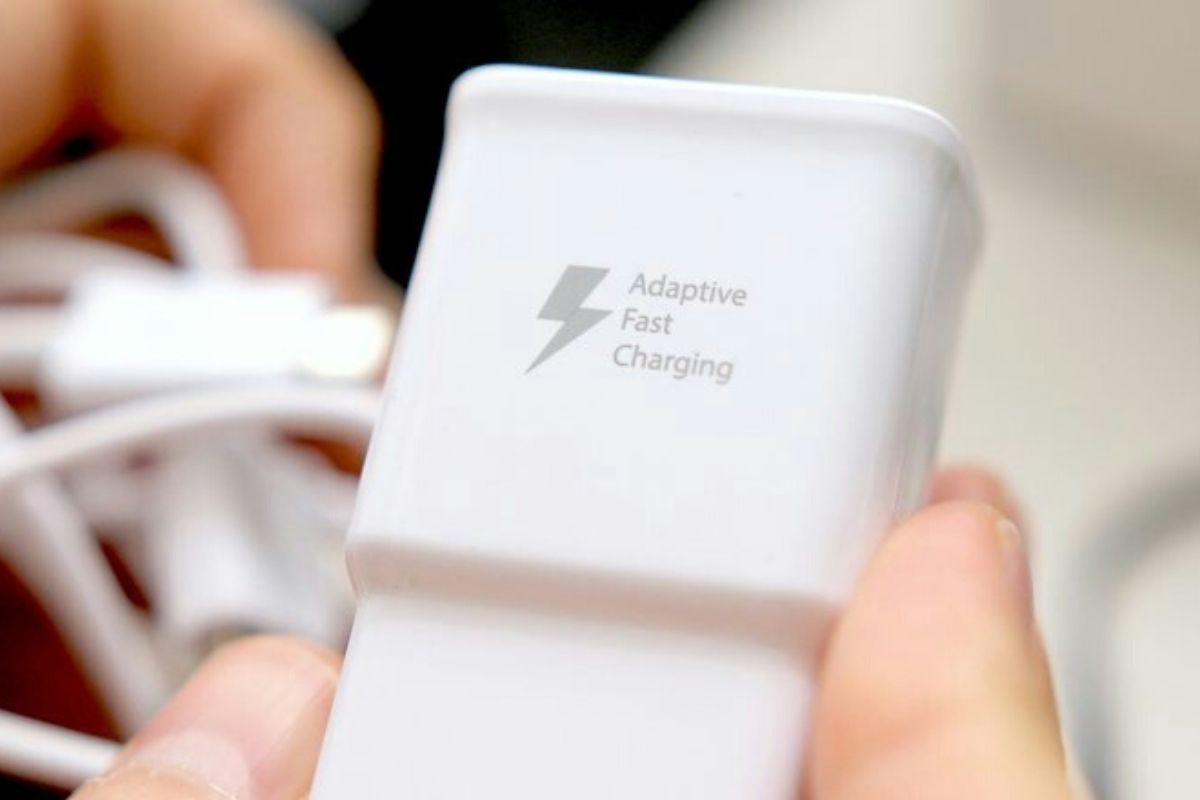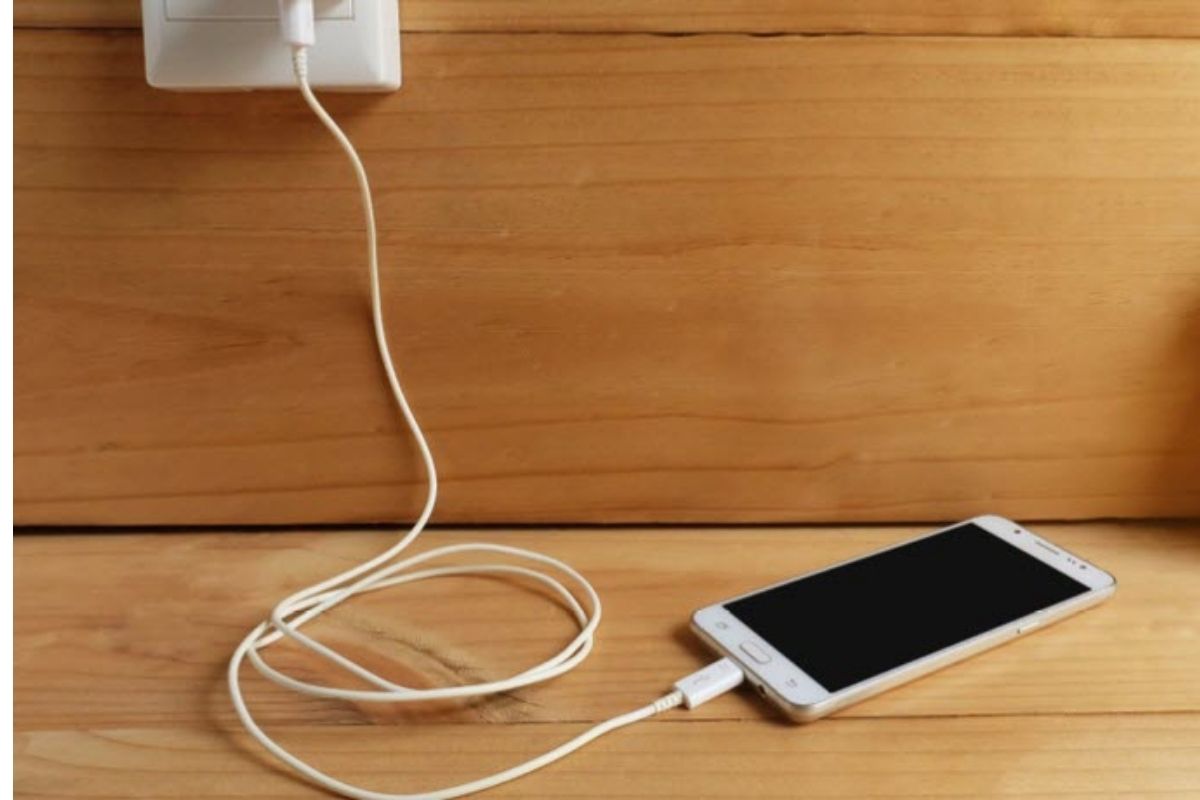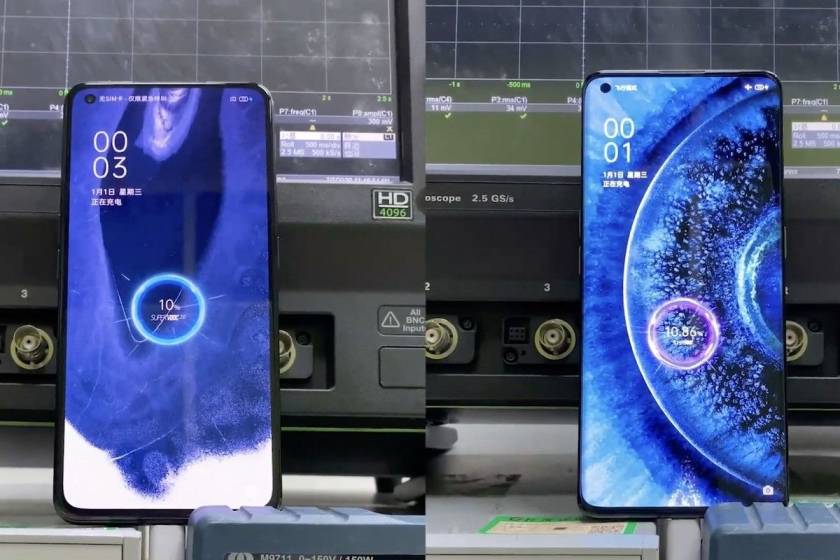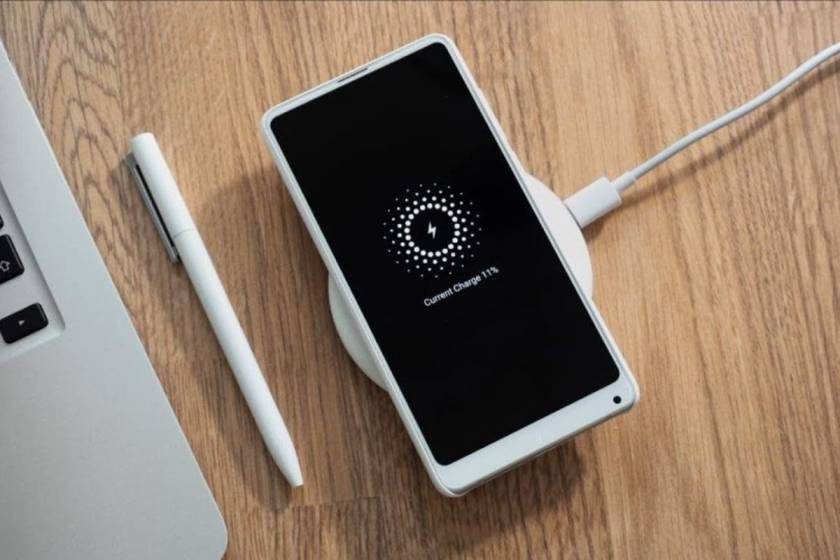Fast charging a smartphone has become the newest norm in tech and, why should it not? Nobody likes to sit around and wait for their device to fully charge, and if there is a technology that can do so in under an hour or even in the span of 30-40 mins, is it not perfect? Well, yes and no. Fast charging as a concept is quite interesting and, indeed, it is quite useful for users, especially those who travel frequently or use their phone a lot more than an average user. But, with every feature comes a pro and a con and, if you have read up about fast charging, the one doubt that arises is in regards to the ability to charge the device and whether or not it has an ill effect on the battery. Let us discuss the same today.
Battery Health: More Charging, Less Juice
The first thing that needs to be discussed when it comes to charging is undoubtedly battery health. For those of you unaware, battery health is a term used to describe the amount of degradation a battery has gone through since its first boot up. It basically refers to the capacity of the battery that is diminished and works on the principle of more charging means less capacity over the years. From the moment a phone is first plugged in to charge, battery degradation begins. The best method to measure the health of the battery is via charging cycles, but when one applies voltage to charge the battery, the overall life is reduced. If you, as a user, check your device’s charging speed and the amount of battery life that it provides now and compare it with the performance it will provide in a year’s time, you will notice massive changes, be it on a budget phone or a flagship. ` Some of you might think that this is an issue or a flaw, but, in reality, it is how batteries work. This occurs with every battery-operated device, be it a laptop, phone, controller for gaming or the battery inside a toy.
Where Does Fast Charging Come Into This Equation?
Faster charging, as the term explains itself, is the ability to charge a battery faster. Now, if the battery is degraded every time it is charged, imagine the effects of charging it more rapidly than usual. Whilst some may say that it does not have a profound impact on the overall battery health, I still maintain that fast charging is less than ideal for the user who keeps a device for the long run. Do note, they are not wrong, but the scenario they are talking about is in colder scenarios. In warmer areas, especially in a country like India, faster charging can have adverse effects. Consider you use a 65W charger and do not provide any form of cooling, as in the room lacks proper ventilation or does not have air conditioning; in a bid to charge the device faster, the charger will push the device and its capabilities. This, in turn, will lead to heating. Another issue that will plague users is continuous charging; with faster charging, one needs to control the number of times they charge their device during the day. Even if you have heavy usage, you should try slower charging in some instances to preserve overall life. Charging at 30 or 65W three or four times in a day will result in a short battery much earlier than expected, maybe in a span of 18 months, which is far less than ideal.
What Are Some Ways To Avoid Ill Effects Of Fast Charging?
Try to charge the device in a cooler area or under a fan. Do not put the phone to charge at night since overheating due to constant provision of voltage might harm the battery. Avoid using the phone whilst it is charging. Try to use slower charging (10-15W) once a while. Do not try to use another company’s fast charger; use compatible chargers for best results and to avoid heating.



